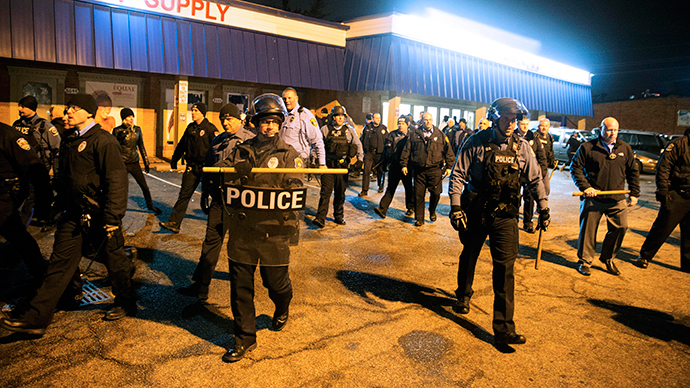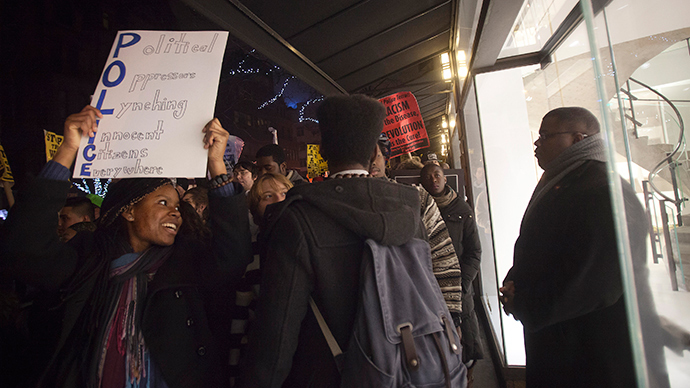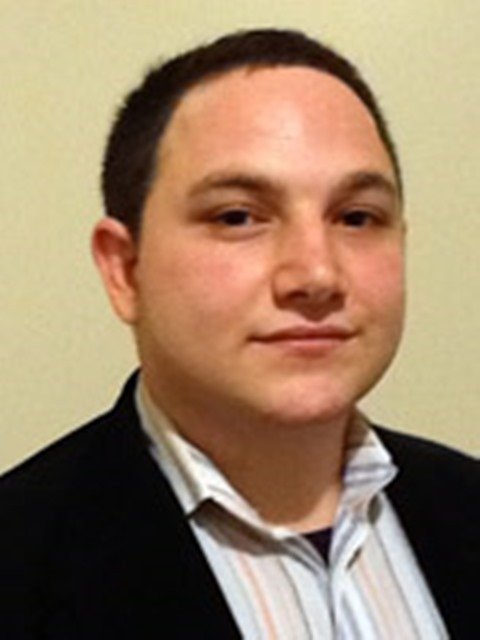‘Racial discrimination is deeply embedded in fabric of the US society’

The protests in the US are not about individual and isolated events, but a reaction against racial bias, discrimination and race hatred that lies at the foundation of what the US is in the modern world, geopolitical analyst Eric Draitser told RT.
Berkeley is still wrapped in protests and clashes after police shot dead an armed Black teenager on December 24. 18-year-old Antonio Martin was shot after he pointed a gun at a police officer at a gas station. It’s not the first incident when police have been seen to be extremely violent and overreacting.
READ MORE:St. Louis police release footage of fatal Berkeley shooting
RT:We now know that the man killed was armed but it still sparked major clashes. So what does that tell us about the mood of the protests in US?
Eric Draitser: It tells us that the protests are not about individuals and isolated events or incidents, that rather the protester reaction is against what the people perceive to be deeply rooted and deeply embedded institutionalized racism in the US, the kind of racism that is not simply the overt form practiced by Ku Klux Klan or by no-Nazis or whomever other. It’s rather a form of racism that is deeply embedded in the very fabric of the society in this country. I think even a cursory look at American history proves that fully – that in fact racial bias, racial discrimination and race hatred really lies at the foundation of what the US is in the modern world.

RT:What do the police need to do to come back from this as their reputation is shattered, public trust is lost?
READ MORE:Gunfire reported at St. Louis protest in wake of Berkeley police shooting
ED: It’s hard to say if you are making an argument that an institution is, by its very nature and form, an oppressive force, that’s one thing. But just on the level of reform, the fact of the matter is here in New York City we had a “progressive” mayor elected, and as his first action he appointed one of the most reactionary and villainous figures in recent NYPD history, Will Bratton to head the police force here, someone with quite a long reputation of racially discriminatory policies, such as the so-called “broken windows policing” here in New York City. So if you want to start to address the problem even just as a first step, you can begin to ask yourself what are we - that is to say the City of New York, City of Saint Louis or Los Angeles, whatever – what are we as a city doing to address what is undeniably a problem that is faced by a vast swath of the population of the city. We are talking about major American cities with major demographic issues, demographics that show massive portions of the city are African American, massive portions of the city that see the police as an occupying force, not as one that is there to protect them. So you have to address a sociological phenomenon before you can start any high-minded talk about reform.

RT:Do you think there is really racial profiling and that police systematically treat black suspects differently?
ED: It’s not a matter of opinion. These are the facts and they are borne out by the evidence. You can look at the empirical arguments, there have been studies conducted in New York City as it relates to the so-called “stop and frisk” policy which undeniably and inordinately targets African American and Hispanic males primarily but people in general, and certainly does not affect the white population in the same way. I can tell you as somebody who has worked in predominantly minority neighborhoods in New York City that I personally have never once been stopped and frisked by NYPD but I know that students with whom I worked were all the time, on a regular basis. So anybody who could sit there and say that racial profiling, racial discrimination and bias doesn’t enter into policing is either completely ignorant of the issue or is deliberately lying. I would tend towards the latter.
The statements, views and opinions expressed in this column are solely those of the author and do not necessarily represent those of RT.
The statements, views and opinions expressed in this column are solely those of the author and do not necessarily represent those of RT.













